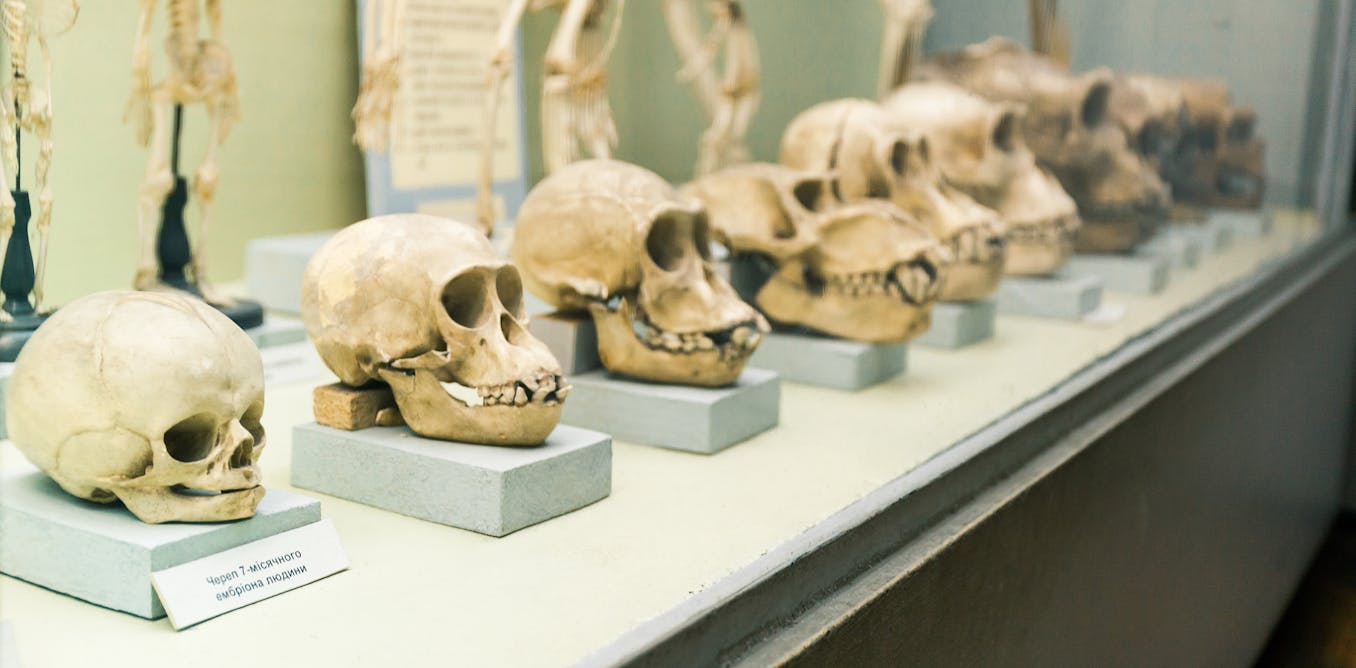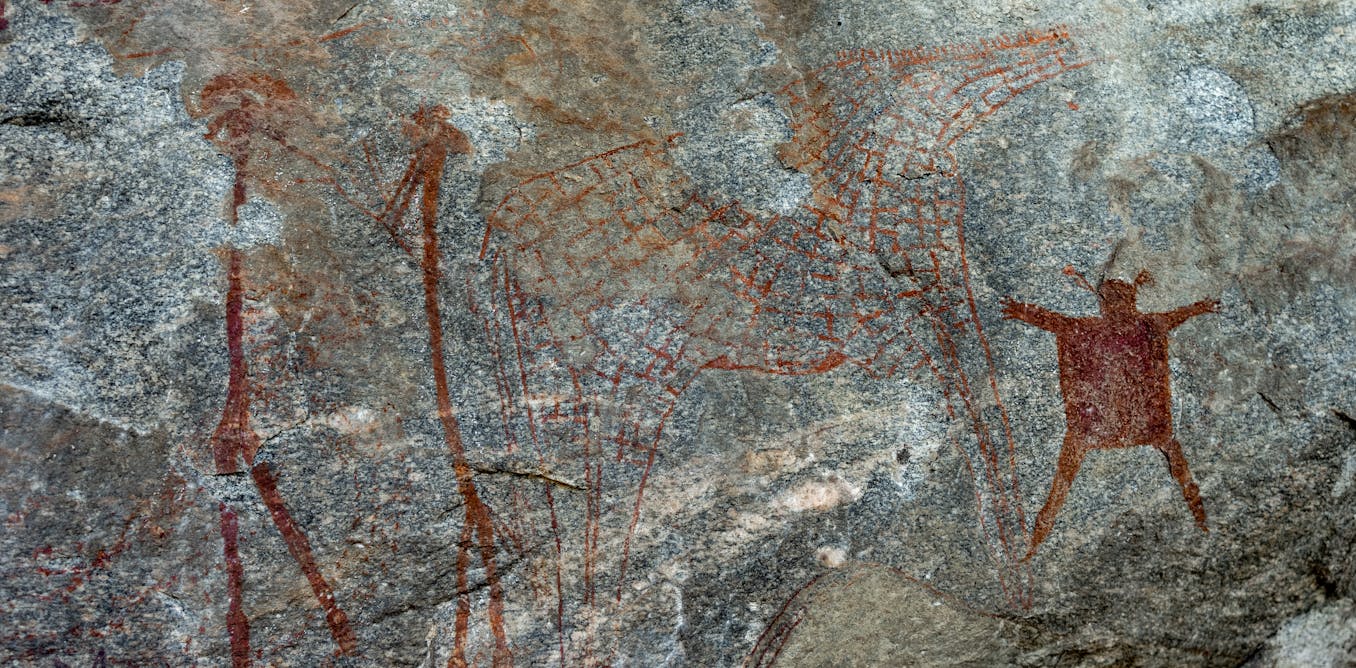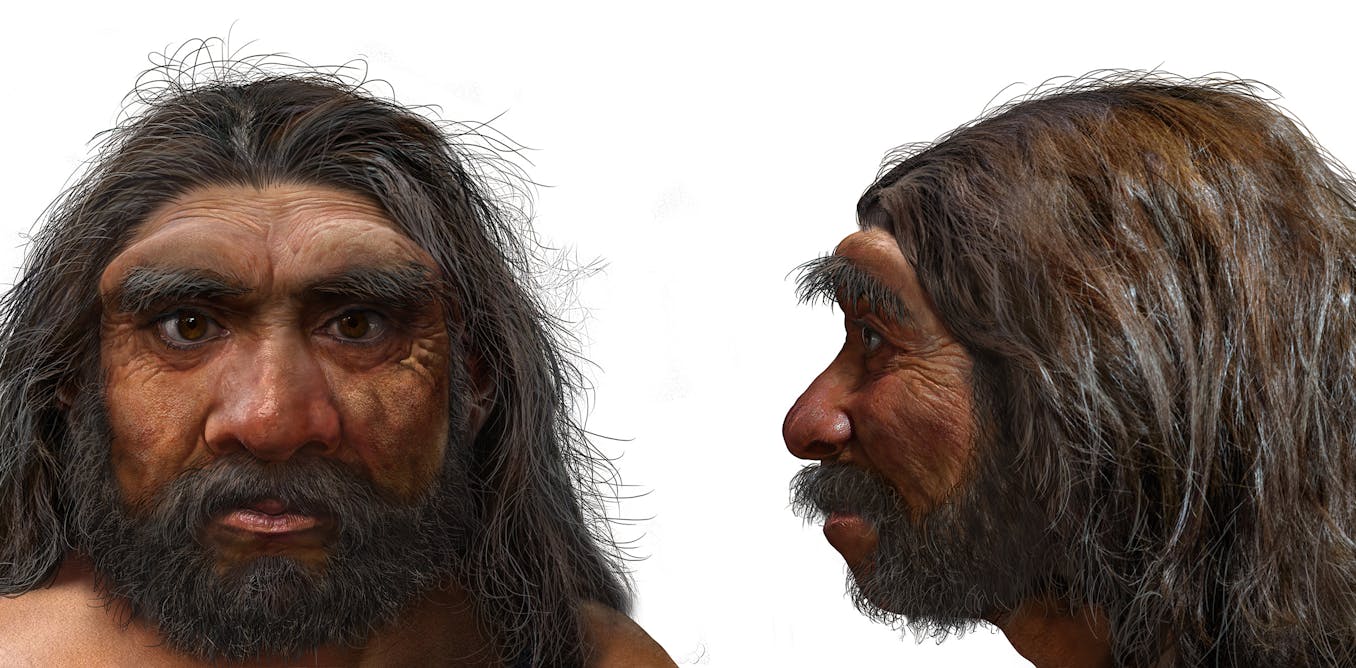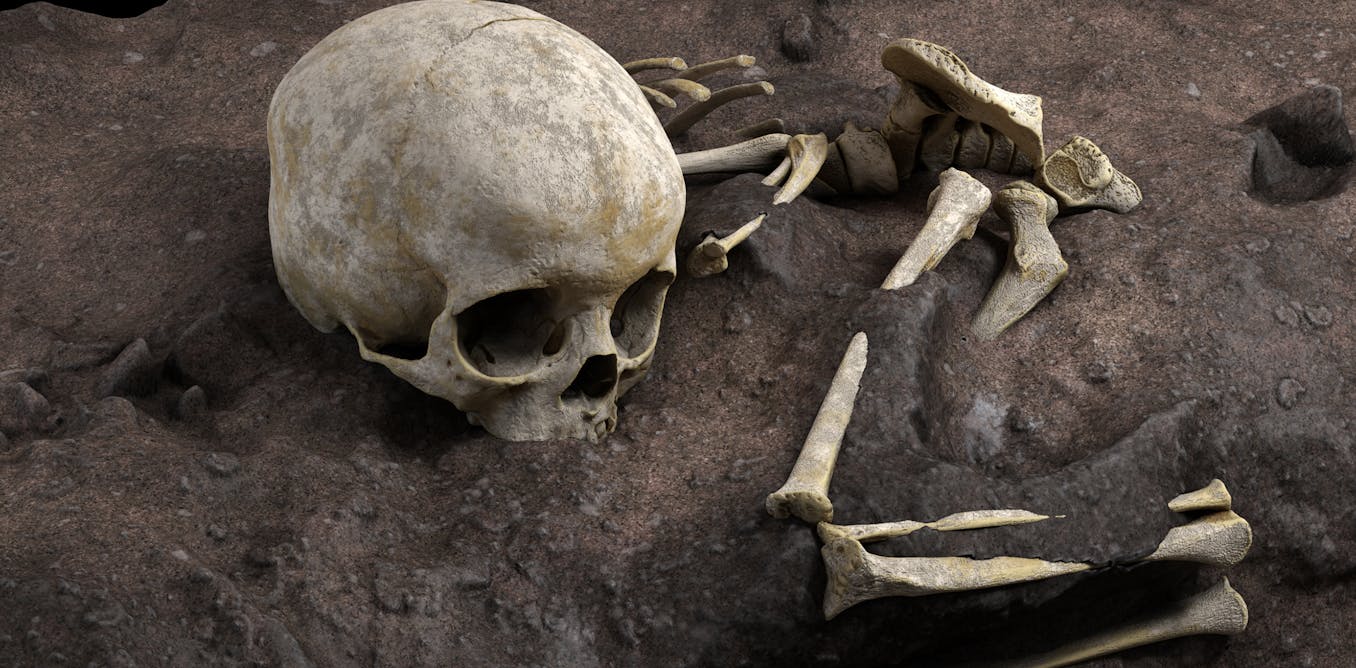Future evolution: from looks to brains and personality, how will humans change in the next 10,000 years?
We’ll probably be less aggressive and more agreeable, but have smaller brains – a bit like a Golden Retriever, we’ll be friendly, but maybe not that interesting or bright.
March 1, 2022 • ~24 min








